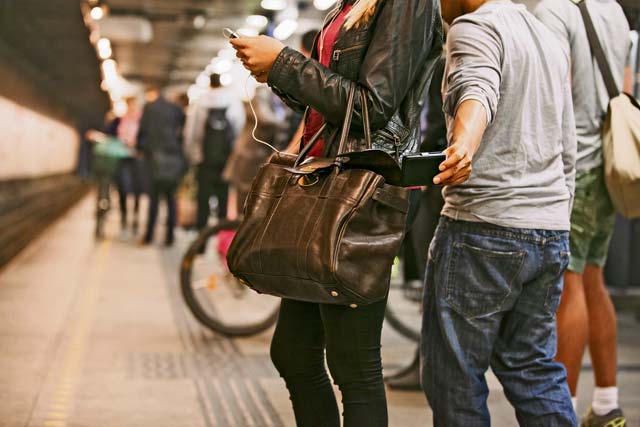
Every day of the year, U.S. embassies and consulates receive calls from American citizens who are victims of crime. Use the same common sense traveling abroad that you would at home.
The holidays are a good time to explore Europe. The odds are you will have a safe trip. Travelers can, however, become victims of crime and violence, or experience unexpected difficulties.
No one is better able to tell you this than the U.S. consular officers who work in more than 250 U.S. embassies and consulates around the globe. Every day of the year, U.S. embassies and consulates receive calls from American citizens in distress.
The U.S. Department of State offers the following travel tips to help you avoid serious difficulties during your travels.
Safety on the Street
Use the same common sense traveling abroad that you would at home. Be especially cautious in (or avoid) areas where you may be more easily victimized. These include crowded subways, train stations, elevators, tourist sites, market places, festivals and crime-ridden neighborhoods.
Don’t use short cuts, narrow alleys or poorly lit streets.
Try not to travel alone at night.
Avoid public demonstrations and other civil disturbances.
Keep a low profile and avoid loud conversations or arguments.
Do not discuss travel plans or other personal matters with strangers.
Avoid scam artists by being wary of strangers who approach you and offer to be your guide or sell you something at bargain prices.
Beware of pickpockets. They often have an accomplice who will:
? jostle you,
? ask you for directions or the time,
? point to something spilled on your clothing,
? or distract you by creating a disturbance.
Beware of groups of vagrant children who could create a distraction to pick your pocket.
Wear the shoulder strap of your bag across your chest and walk with the bag away from the curb to avoid drive-by purse-snatchers.
Try to seem purposeful when you move about. Even if you are lost, act as if you know where you are going. Try to ask for directions only from individuals in authority.
Know how to use a pay telephone and have the proper change or token on hand.
Learn a few phrases in the local language or have them handy in written form so that you can signal your need for police or medical help.
Make a note of emergency telephone numbers you may need: police, fire, your hotel, and the nearest U.S. embassy or consulate.
If you are confronted, don’t fight back — give up your valuables.
It is a good idea to sign up for the Smart Traveler Enrollment Program — think of it as checking in — so that you may be contacted if need be, whether because of a family emergency in the U.S., or because of a crisis in the area in which you are traveling. It is a free service provided by the State Department, and is easily accomplished online at https://step.state.gov/step/.
For more travel safety tips, visit http://travel.state.gov.
